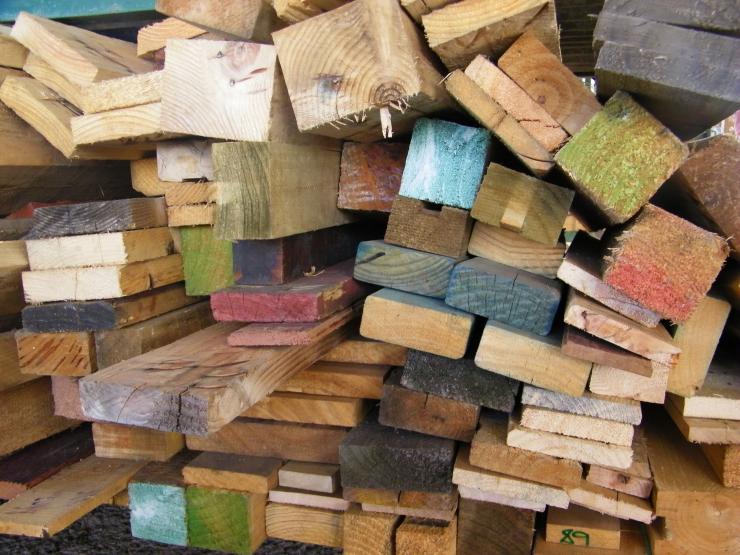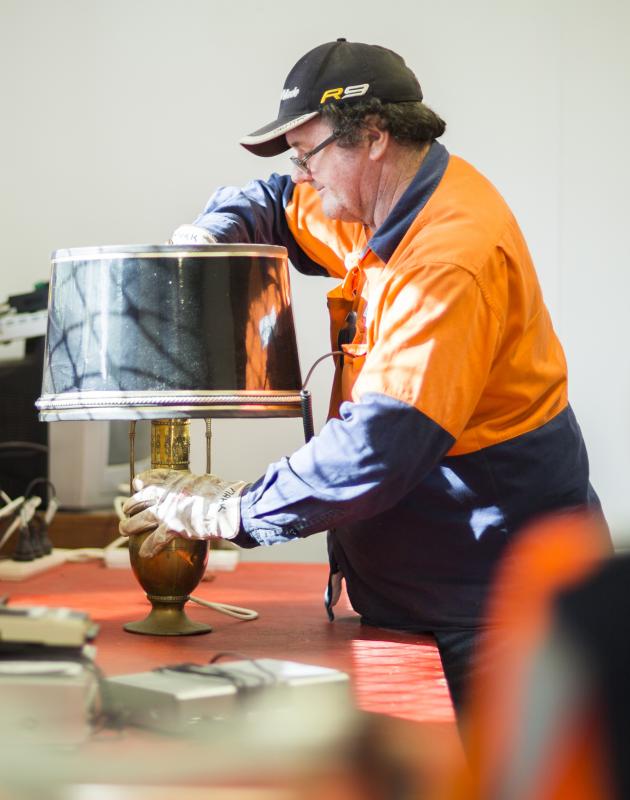
By Matthew Allen
We know that recycling creates jobs and saves valuable materials from landfill. But what about reuse?
Reuse, repair and other waste diversion practices have a significant social, environmental and financial impact. In the context of China’s changing import regulations for recycling, and growing public concern about the impact of our consumption habits, Zero Waste Network is pioneering an impact measurement process that will help consumers, governments and businesses to understand the true benefits of reuse, repair and waste diversion.
A 2012 study by the Queensland University of Technology found that non-profit reuse facilities around Australia divert over 150,000 tonnes from landfill each year, creating 1,500 full-time positions. That’s 100 jobs per 10,000 tonnes of landfill – ten times the number of jobs created by recycling. However, that is only a small part of the story. Whenever an item is reused, it saves valuable resources from being wasted. The labour, energy and materials that went into producing the item are conserved, giving it a second lease on life. Not only that, but reusing an existing item potentially prevents a new one from being purchased, reducing the need to extract more resources while reducing emissions from transporting goods around the globe. Reused goods are also an affordable alternative to buying new, and are often sold by non-profits and charities that give back to local communities by creating jobs and supporting disadvantaged people. Considering all these benefits, why is the government not paying more attention to reuse? The answer is that the wider benefits of reuse are simply not being measured or taken into account by decision-makers. The Zero Waste Network is taking the lead on this important issue, with a pilot project currently underway that seeks to understand the true benefits of reuse, and communicate these benefits to local and state governments.
 Non-profit reuse facilities generate 1,500 full-time positions and divert 150,000 tonnes of waste from landfill each year .
Non-profit reuse facilities generate 1,500 full-time positions and divert 150,000 tonnes of waste from landfill each year .
Beginning in July 2018, four community reuse and repair enterprises have been selected to participate in a six-week data collection study. The participating sites – Reverse Garbage, The Bower Reuse and Repair Cooperative, Moss Vale Reviva Centre and Dunmore Revolve Shop - have recorded the details of all materials accepted for reuse and repair, along with details of community education workshops, customers served, and hours worked by employees and volunteers. This data will provide an insight into the positive social, environmental and economic impacts of reuse activity, and will provide the basis for an industry-led standard for recording, analysing and communicating the impact of reuse and repair in Australia. Similar industry standards have been already developed by countries leading the way on reuse - including the UK, USA, Sweden and Belgium.
While Australia has lagged behind so far, we have an opportunity to turn things around - reducing our reliance on imports of cheap and disposable consumer goods, while growing a domestic reuse and repair industry that will create thousands of green jobs in Australia. For more information about the Zero Waste Network, our members and projects, and to join us in our mission, visit www.zerowastenetwork.org.au.